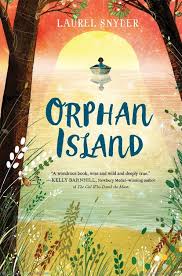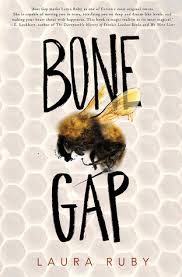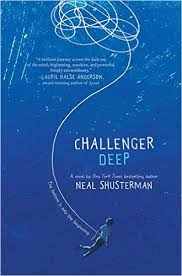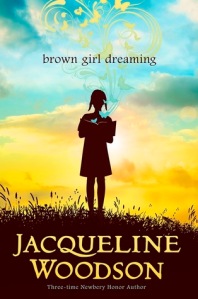
Orphan Island
Laurel Snyder
Walden Pond Press
May 2017
2017 National Book Award long list
Nine kids, each a year apart in age from roughly 3 to 12, live alone on an island. Each year a green boat emerges from the mist to bring a new inhabitant and take away the oldest into the unknown. For time unknown, the children have accepted that this is the way of things and gone when their time came. The book opens with Jinny’s best friend Deen hopping in the boat even as she begs him to stay on the island with her. What’s the worst that could happen if they broke the mysterious rules none of them understand but everyone follows anyway? Deen sails away, leaving Jinny as the oldest, the Elder, leader of the other kids and caregiver to the newest islander, Ess. Wracked by feelings of inadequacy in raising Ess and fear of what awaits her off the island, Jinny breaks tradition and challenges the sky to fall on her, as their island’s nursery rhyme claims will happen if the rules aren’t followed. The island slowly starts to change, but it’s unclear if Jinny’s defiance is the cause and whether sending her away will solve their problems or make them worse.
The whole beautiful story is an obvious allegory for growing up, complete with a first period scene. Adolescence is the green boat that eventually comes for us all, to take us away from our wild childhoods and into the unknown. There’s no resolution to why the children are on the island or what happens to them when they leave, which could drive some readers crazy. The ambiguity has only forced me to keep thinking about it more, even days after I finished the book.




